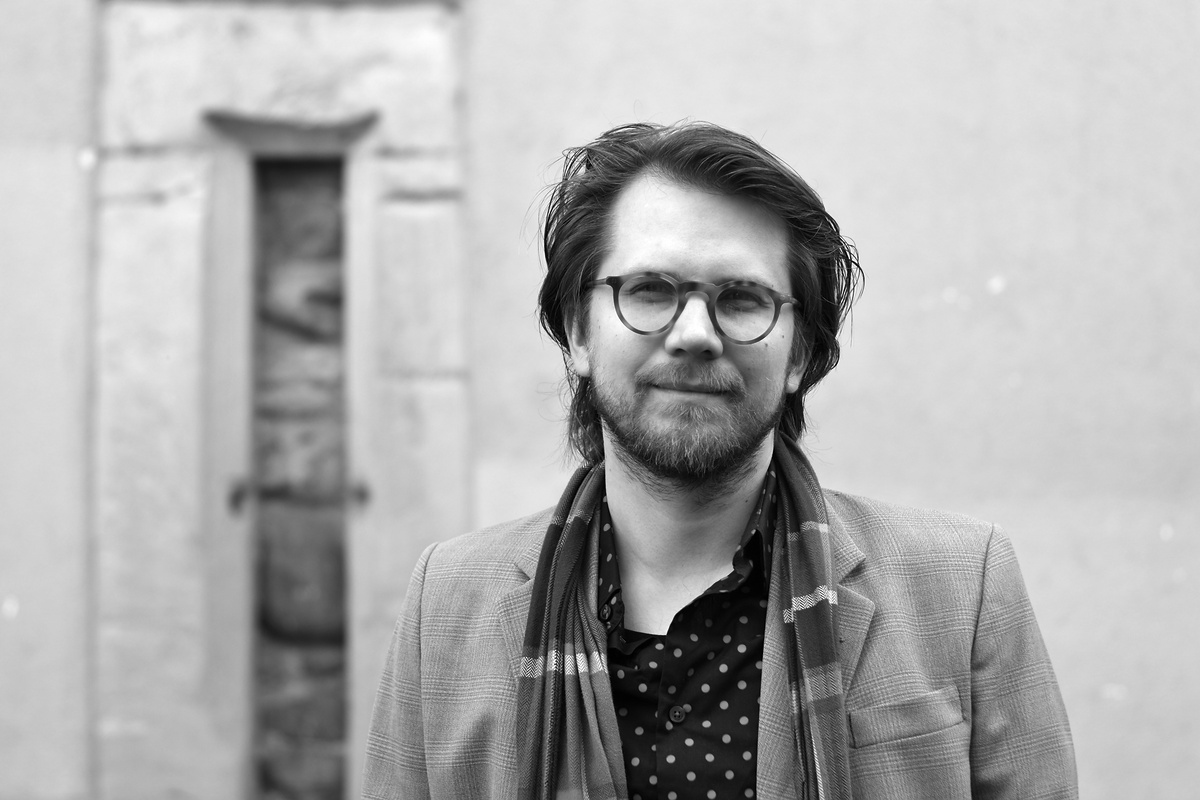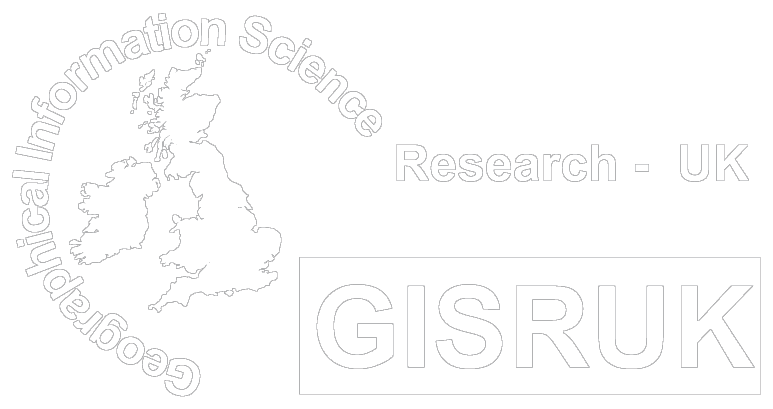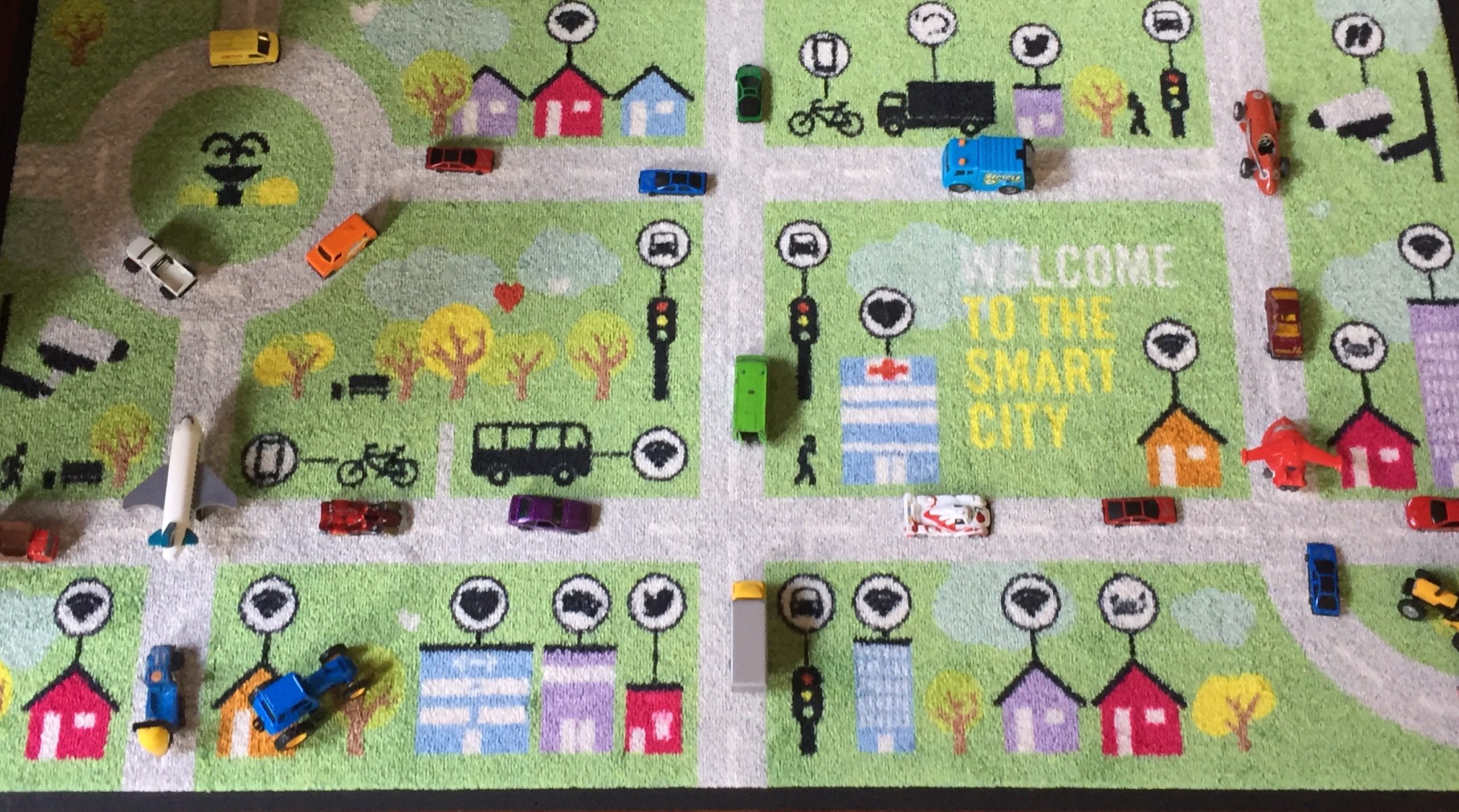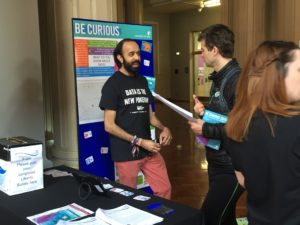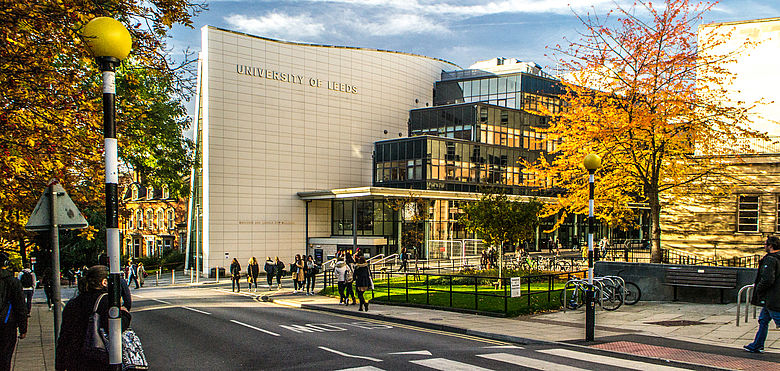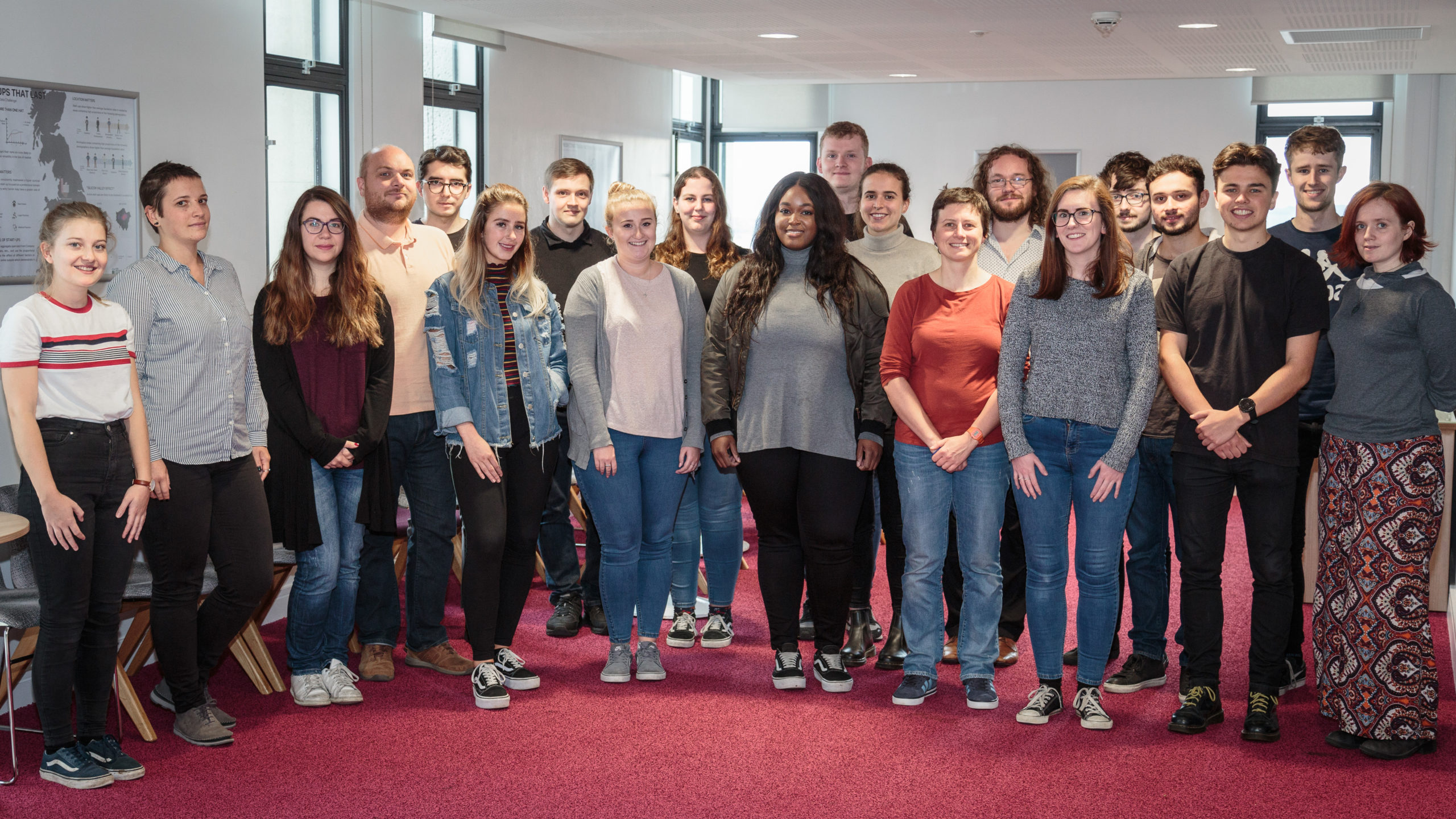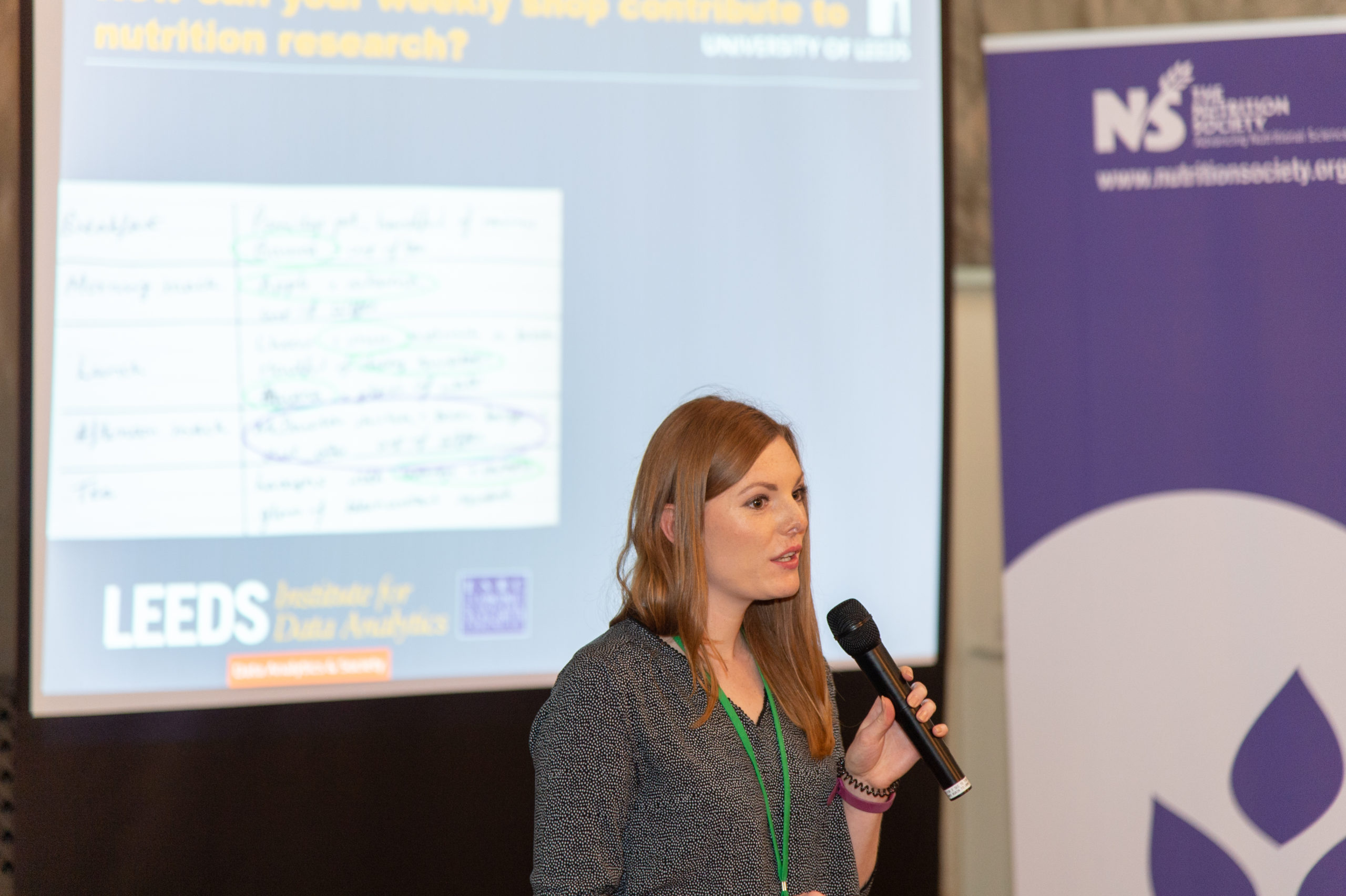Dr Henri Kauhanen is ESRC Postdoctoral Fellow with the Data Analytics & Society CDT from October 2018 to September 2019. Affiliated with the division of Linguistics and English Language at the University of Manchester, Henri works on mathematical and computational models of the population dynamics of language, looking for explanations of universal factors of linguistic variation and change that recur from one language to another. Originally trained as a cognitive scientist, Henri received his PhD in linguistics from the University of Manchester in April 2018, supervised by linguists Ricardo Bermúdez-Otero and George Walkden (now at the University of Konstanz) and theoretical physicist Tobias Galla.
For his one-year ESRC Postdoctoral Fellowship, Henri is taking a data-driven approach, concentrating on a focal topic in language dynamics but one that has so far received surprisingly little attention. This is the question of what basic rates different features of human language evolve at, and what is to be made of cases where several changes are governed by identical rates of change. To this end, he is writing computer software that aids in fitting the predictions of different models of linguistic change to empirical data, as well as conducting Monte Carlo power analyses of existing methods for model selection, utilising Manchester’s HTCondor high-throughput computing framework. The software will be released as open source packages for the R statistical computing environment by the end of the fellowship.
In addition to work on implementing computer code and writing research articles, the project includes a significant networking and skills development component. Henri attended the 2019 Complex Systems Summer School run by the Santa Fe Institute [link: http://www.santafe.edu] in Santa Fe, New Mexico in June and July, attending lectures on complexity, chaos, networks, nonlinear dynamics and related topics, but also working on group projects with physicists, biologists and social scientists. In August, Henri is organising a symposium on language change at Manchester [link: http://rusesymposium.org.uk]; alongside regular talks, the two-day long event will feature three keynotes by eminent scholars in the field, focusing on resolving some of the often considerable tension between computational modelling and empirical, data-oriented work.
In the future, Henri is planning to continue working on computational models of language change, aiming in particular to increase the realism of currently available models. In October, he is moving to Germany to take up a second postdoc at the Zukunftskolleg [link: http://www.uni-konstanz.de/zukunftskolleg], an Institute for Advanced Study for Junior Researchers at the University of Konstanz.
To find out more about Henri’s research, visit his website at http://henr.in [link: http://henr.in].
